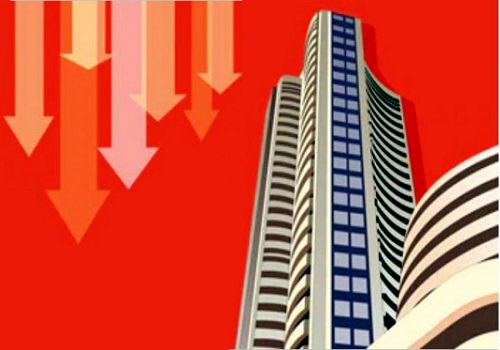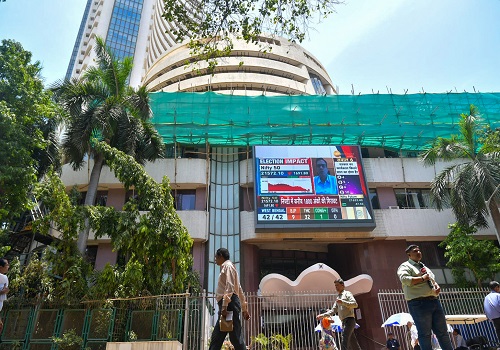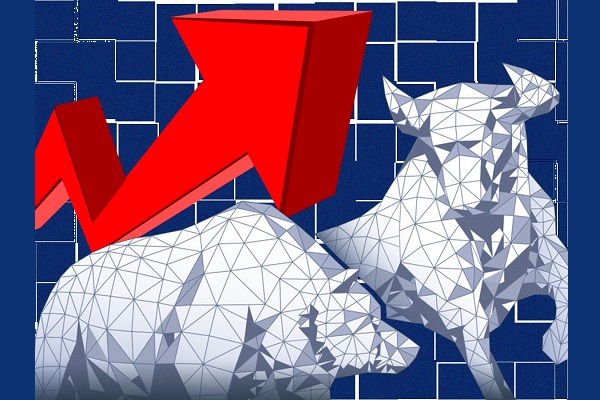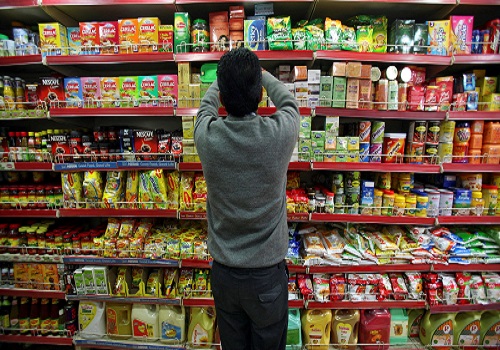Sensex, Nifty end lower amid volatile trade

Indian stock markets ended lower on Tuesday after a volatile trading session, as investors booked profits in select sectors and adopted a cautious approach.
The Sensex slipped 150.68 points, or 0.18 per cent, to close at 84,628.16, while the Nifty declined 29.85 points, or 0.11 per cent, to settle at 25,936.20.
"The overall chart setup on the daily timeframe remains intact, with the Nifty trading well above the 21EMA, keeping the bullish bias intact,” analysts said.
“The RSI is in a bullish crossover and remains in the high momentum zone. In the short term, the index may witness a decent rally as momentum picks up above 26,000,” they added.
“On the higher end, resistance is seen at 26,300, while support is placed at 25,850," experts mentioned.
Within the Sensex pack, Trent, Tech Mahindra, Bajaj Finserv, HCL Tech, Mahindra & Mahindra, and Bajaj Finance were among the top laggards.
Meanwhile, Tata Steel, Larsen & Toubro (L&T), State Bank of India, Tata Motors Passenger Vehicles, Kotak Mahindra Bank were the key gainers that helped limit the market’s losses.
Broader market indices showed little movement, with the Nifty MidCap index edging down 0.02 per cent and the Nifty SmallCap index rising marginally by 0.02 per cent.
Among the sectoral indices, Nifty Metal and PSU Bank were the notable gainers, each advancing over 1 per cent.
On the other hand, Nifty Realty was the biggest loser of the day, followed by IT, Energy, Financial Services, FMCG, Pharma, and Consumer Durables, which all ended in the red.
Analysts said the decline was driven by profit booking after recent market highs and a cautious mood among investors ahead of key global and domestic economic data releases.
"The domestic market remained volatile in negative terrain and ended flat, weighed down by profit booking on monthly expiry and weak global cues,” experts stated.
“Notably, buying interest emerged at lower levels, reflecting underlying investor confidence. Market sentiment is expected to be supported by easing global trade tensions and expectations of an upgrade in domestic corporate earnings, which continue to reinforce resilience," analysts mentioned.
























